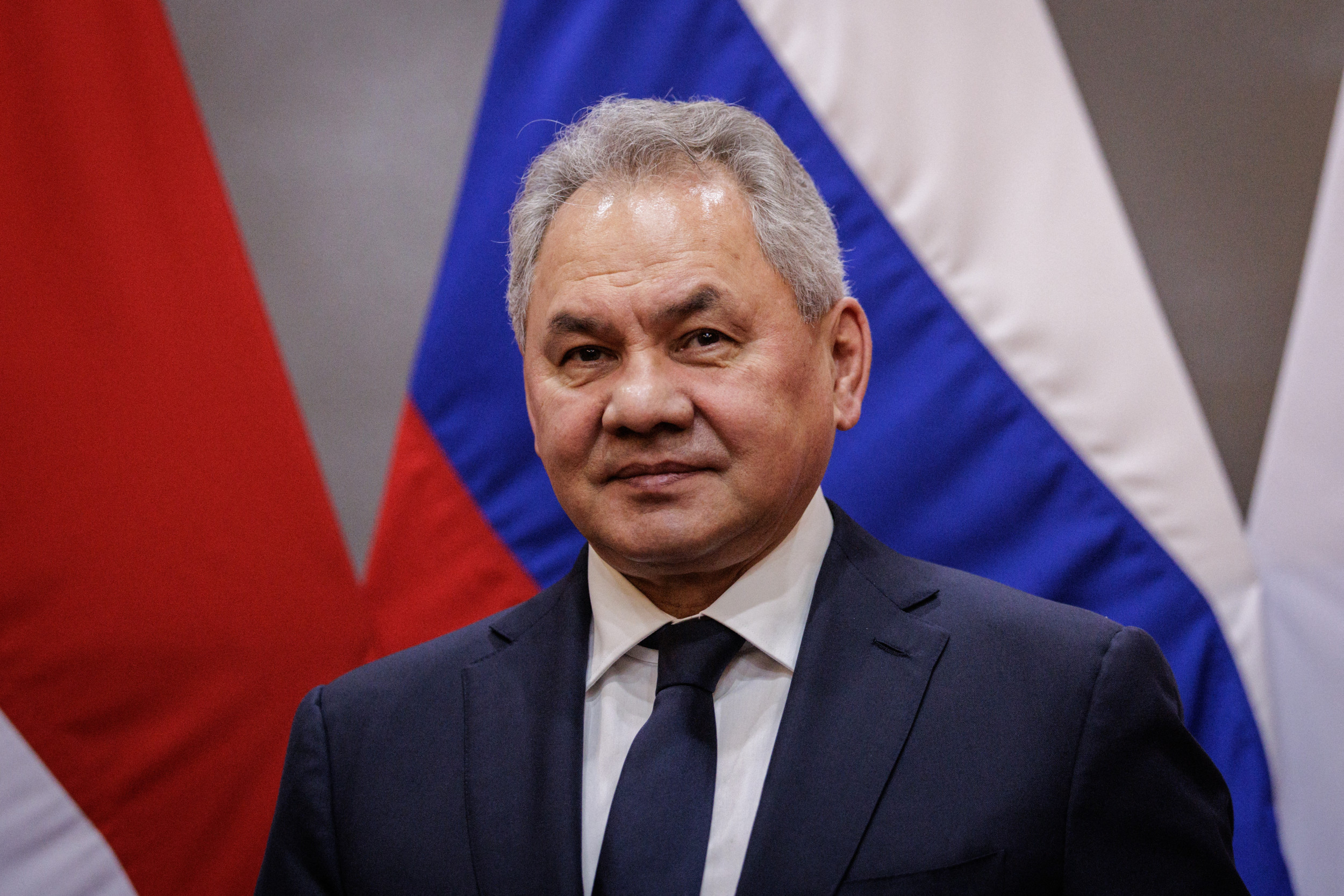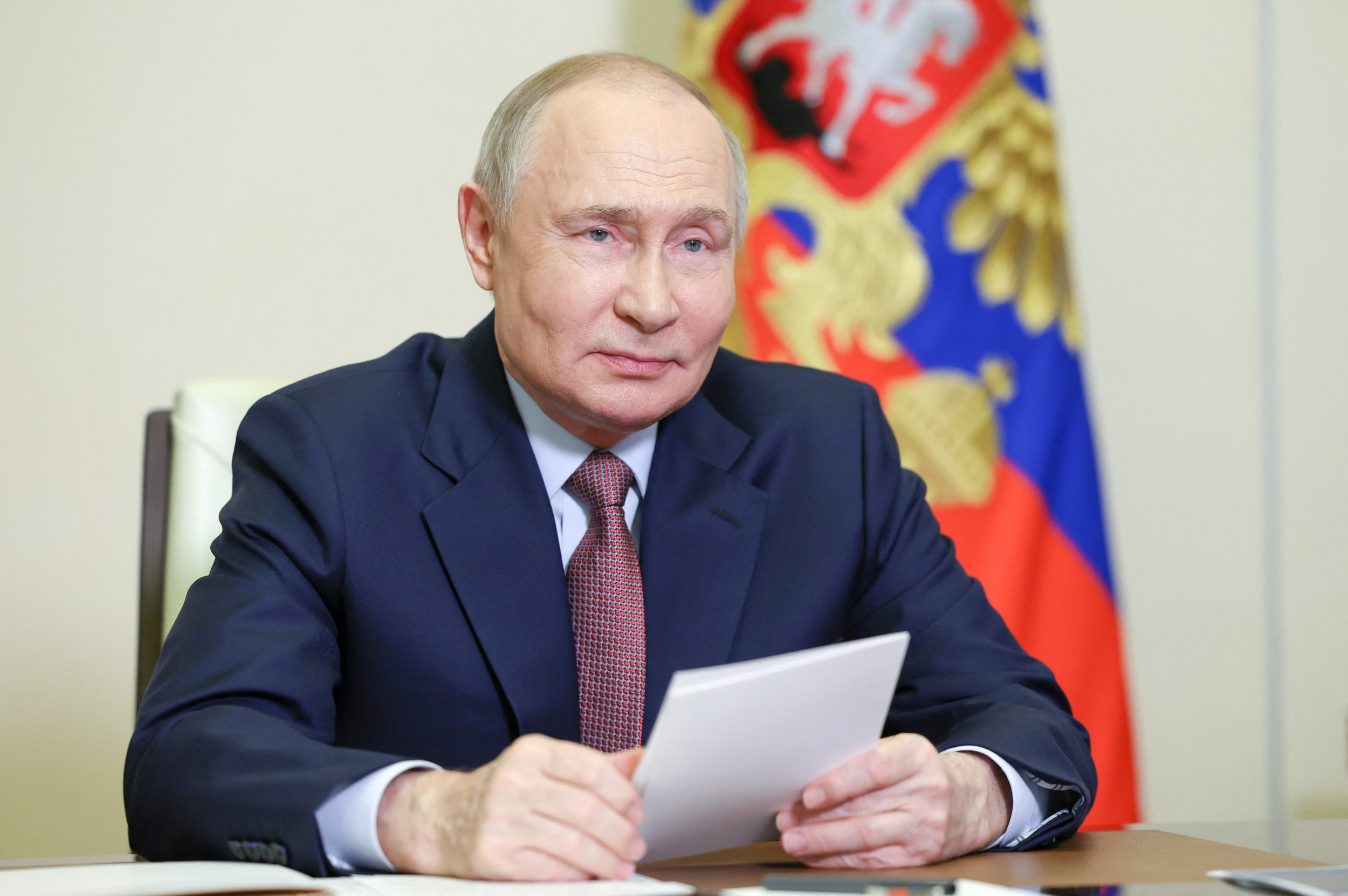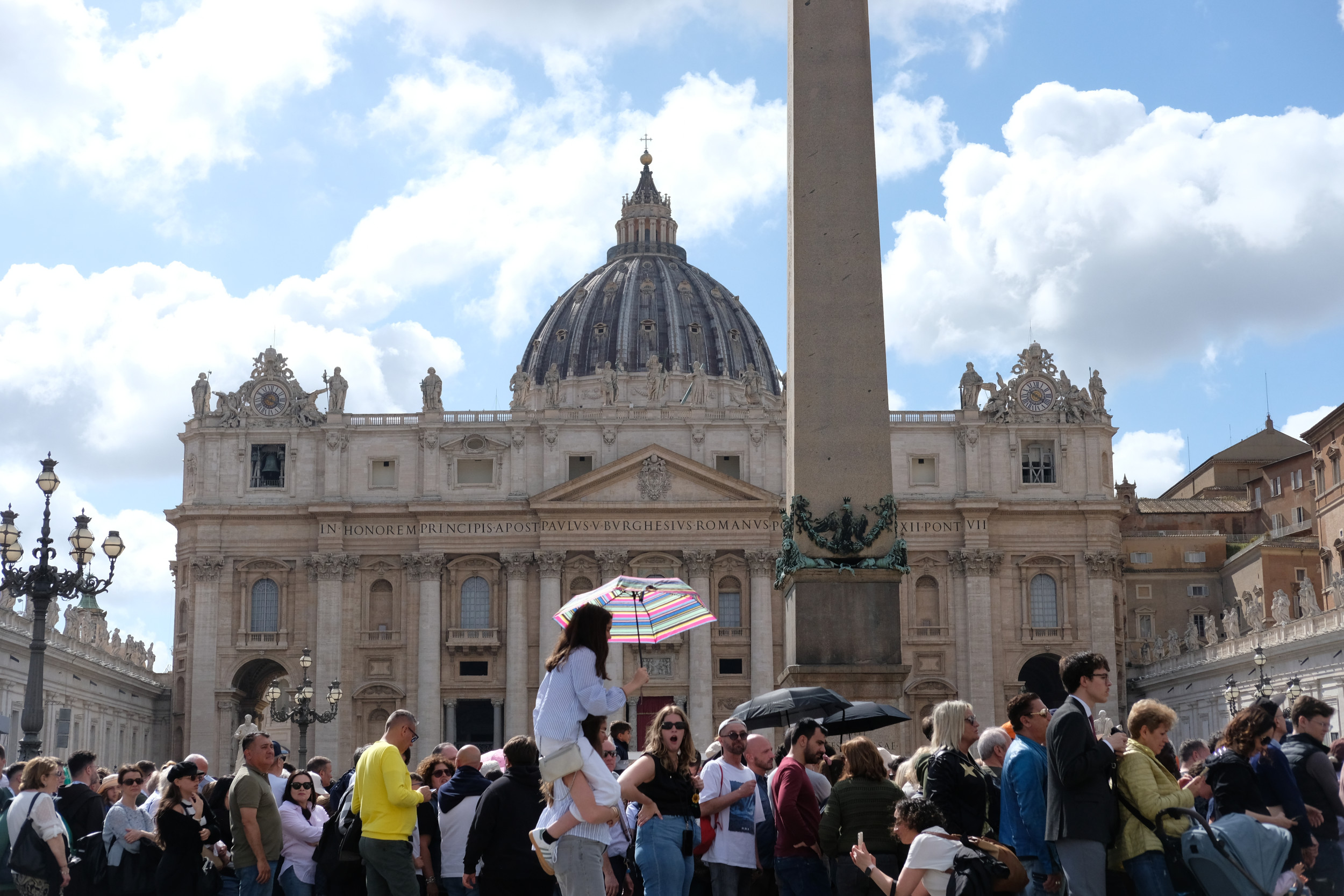🎙️ Voice is AI-generated. Inconsistencies may occur.
Hungary is "extremely grateful" for President Donald Trump, Budapest's foreign affairs and trade minister Péter Szijjártó has said, after persistent lobbying for ceasefire talks between Russia and Ukraine put Hungary's right-wing government at odds with its European neighbors doubling down on support for Kyiv.
Why It Matters
Hungary's longtime prime minister, Viktor Orban, has been discordant with Budapest's European Union and NATO allies throughout the more than three years of war in Ukraine, repeatedly calling for a ceasefire deal in Ukraine and cultivating ties with Moscow despite Russia's pariah status with much of the European bloc and NATO alliance.
Péter Szijjártó, a member of Orbán's right-wing Fidesz party, allied with many of the ideals of Trump's MAGA movement, welcomed the Republican's return to the White House while striking a consistently acerbic tone on E.U. sanctions against Russia. Szijjártó has visited Moscow several times since the start of Russia's full-scale invasion of Ukraine.
The country has a "Hungary First" policy, Szijjártó said, echoing Trump's "America First" pledge.

What To Know
Speaking during an address at the Royal United Services Institute (RUSI) think tank in London on Tuesday, Szijjártó said the Hungarian government was "extremely grateful" to Trump, who restarted direct dialogue with Moscow after his reelection.
Trump officials engaged in fevered shuttle diplomacy and agreed on the terms of a full, 30-day ceasefire with Ukraine early last month, but the terms were rejected by Russia, despite Steve Witkoff, Trump's Middle East envoy, personally visiting Russian President Vladimir Putin in Moscow. Witkoff said he "liked" Putin.
Russia has said current ceasefire proposals do not address its view of the "root causes" of the war, and has insisted on conditions unacceptable to Kyiv. The U.S. then agreed in separate deals with Ukraine and Russia to in principle halt strikes on energy facilities and in the Black Sea, but has struggled to advance the ceasefire further.
Ukraine and Kyiv's European allies—minus Hungary—have watched with apprehension at the apparent rapprochement between the Kremlin and the White House.
Ukraine's backers had largely instituted a wall of silence around Russia from February 2022, and Ukraine's president, Volodymyr Zelensky, denounced a surprise conversation between now-outgoing German Chancellor Olaf Scholz and Putin in November 2024 as opening "Pandora's box."
"We in Hungary know that if there's a good relationship between the U.S. and Russians, we feel safer," Szijjártó said.
"The world became a safer place, because if you have the Russians and the Americans talking to each other, that creates only safer circumstances compared to the lack of these direct conversations," Szijjártó added.
Landlocked Hungary is heavily dependent on trade, particularly its exports, to prop up its economy. Szijjártó said up to 85 percent of the country's GDP came from exports.
"For us, diplomacy must always be cooperative with trade and economy-driven issues," the minister said, adding: "We are attracting investments from all geographic directions."
Hungary does not have its own energy resources, Szijjártó said, meaning it leans heavily on Russian energy exports. "The Russians have proved to be reliable" in their supply of gas to Hungary, Szijjártó said, while insisting Hungary hoped to "diversify" its energy supply.
"Russia is the reliable source for us," Szijjártó said. "In the last few years, no one has come up with a better, cheaper and more reliable solution compared to what we have."
Most E.U. countries have frantically attempted to reduce their dependence on Russian oil and gas in the past three years.
In February, the three Baltic States unplugged from Russia's power grid and joined up with the E.U.'s network.
Hungary has also courted deeper economic ties with China. "There is a possibility for a meaningful and mutually beneficial economic partnership with China," Hungary's E.U. minister, János Bókas, told Politico in June 2024.
Szijjártó said the European Union had "isolated itself" from the U.S., as well as from other regions of the world like Russia, China, and further afield in Africa.
"The last thing we would want is that the world is being divided into blocs again, and this is what is happening," the minister said.
What People Are Saying
Szijjártó said E.U. sanctions against Russia had "failed" to hamper Russia's ability to wage war, adding: "Russia is far away of being on this knees when it comes to economy."
What Happens Next
It remains to be seen how quickly the U.S.-led ceasefire negotiations will bear fruit, after White House press secretary, Karoline Leavitt, said Trump was "frustrated" with both Kyiv and Moscow.
About the writer
Ellie Cook is a Newsweek security and defense reporter based in London, U.K. Her work focuses largely on the Russia-Ukraine ... Read more




